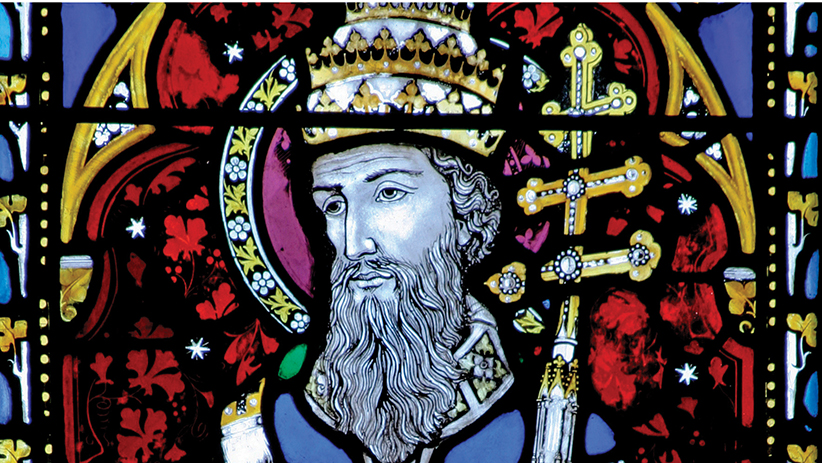The two most significant Church councils of the last 500 years have been the Council of Trent and the Second Vatican Council.
But that is where the similarity ends.
After Trent, there was a tenacious insistence from Rome for reform on every level. High-living cardinals were expected to live simple lives. Bishops who abandoned their dioceses to live somewhere they found more congenial were ordered back to their cathedrals. Clergy and religious who had flouted their vows and the discipline of their order were commanded to amend their lives or ask to be dispensed from their vows.
Training in theology, liturgy and Sacred Scripture in the seminaries became much more intense. A new catechism was published for the laity, and parish priests were expected to teach from it. And a new missal was promulgated from which, Pope St. Pius V declared, there must be no deviations.
The aftermath of Vatican II was, in so many places, another story. Dissent from Church doctrine and moral teaching was rampant. Liturgical abuses in the Mass became so commonplace that faithful Catholics often found themselves going “church shopping” to find some parish where Mass was not a liturgical free-for-all.
In 1566, Michele Ghislieri, a devout Dominican friar, was elected pope. He took the name Pius V. He was the son of Italian aristocrats who had fallen on hard times — so hard that as a boy Michele had worked as a shepherd. In so many places in the pre-Counter-Reformation era, the Catholic Church was experiencing hard times, but there were still holy men and women to be found among the laity and the clergy.
Michele was fortunate enough to know a fervently religious Dominican friar who guided his spiritual life and became his inspiration for joining the Order of Preachers. Aft er his studies in theology and philosophy, and his ordination, Michele was sent to several Dominican houses where he served as master of novices or prior, and in each place he insisted upon a strict adherence to the rule set down by St. Dominic.
The troubles he oft en experienced in these houses, where too often the friars had been lax in their religious observance, prepared him for what he would experience as the pope entrusted with implementing the reforms of the Council of Trent.
As pope, Pius opened new seminaries and issued a new breviary, a new catechism and a new missal. This was different from the missals of the Middle Ages. It set out what prayers and rites must be said and performed at Mass, and it spelled out the rubrics precisely.
Furthermore, Pius commanded that there was to be no variation, except in the case of rites, such as the Milanese and the Carthusian, which the Church had recognized and approved centuries earlier. The uniform liturgy, combined with the intensified training of the new seminaries, as well as the new, zealous spirit encouraged by such new religious orders as the Jesuits and the Oratorians, advanced the reform in Catholic religious life for which the fathers of the Council of Trent had prayed.
It took time, and there were many challenges, but ultimately, the Church around the world became stronger and holier. Not in every case, of course, human beings being as frail and fallen as we are; but still, it was an improvement over the situation that existed in too many places when Martin Luther nailed his 95 Th eses to the door of Wittenberg’s Castle Church.
Blessed John Paul II and Pope Emeritus Benedict XVI had a great impact on the liturgical life of the Church. There is still work to be done, of course. Not every parish has embraced “the reform of the reform,” but it is spreading. Since the Holy Sacrifice of the Mass is the summit of Catholic spiritual life, it is essential that it be offered with all the reverence we can muster. St. Pius V understood this, and he is an excellent choice as patron saint of such an effort.
St. Pius V is the patron saint of Bosco Marengo, Italy, which is his birthplace. His feast day is April 30.
Craughwell is the author of more than 30 books, including “Saints Behaving Badly” and “This Saint Will Change Your Life.”

